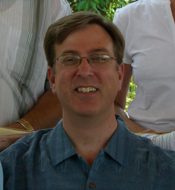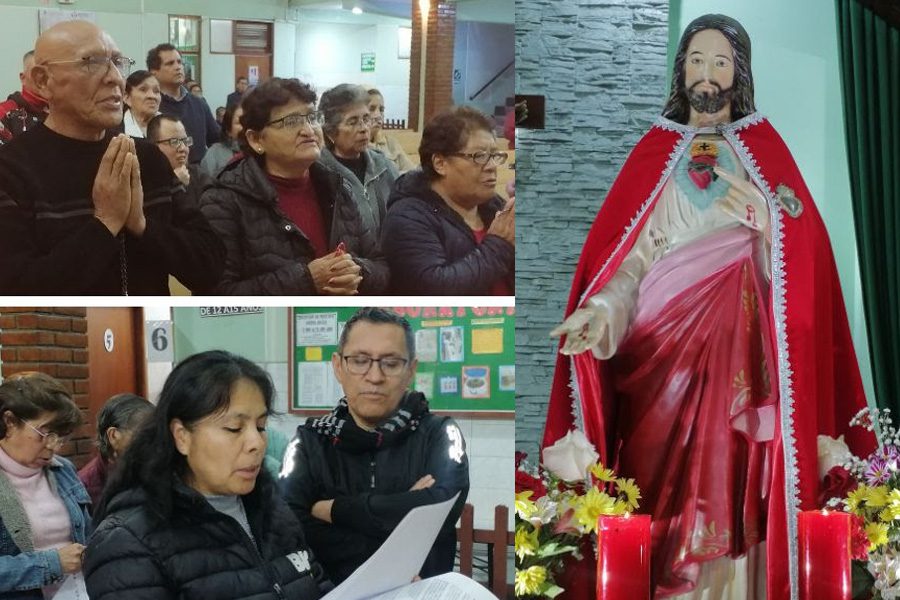Today Fr. Brent Kruger, C.S.C., continues our monthly series from our men in higher studies, as they share with us not only what they are studying, but also how they have experience the Lord’s call and grace through their work.

When I was a sophomore in college, my favorite professor told me that learning has much to do with love. I have not forgotten his advice since then, and I have found in my life of ministry as a Holy Cross priest that whenever I approach something or someone with love, I am open to the mystery that waits to be discovered.
After ordination, I spent six years at our homeless shelter and soup kitchen, André House, in Phoenix, Arizona. It was good work – both gospel-based and physically demanding. However, during my time there, I found myself missing the life of the mind. I participated in a couple of book clubs, but nothing seemed to satisfy my appetite for studies. The love for learning drew me along to ask permission to enter higher studies.
During my studies in the seminary, I had had a professor who opened the Scriptures for me in a way that I had never experienced before. My mind and heart were fired by the possibilities of being able to study the Bible. I knew it would be a long program because of the many languages required, but I have the happy knack of being able to pick up languages rather easily. I took as my patron St. Jerome, not only because he is the patron of scripture studies, but also because he did not learn Hebrew until late in life. I figured that if he could do it, then I could as well.

I chose the Biblical Studies program at Catholic University of America because of its concentration on philological mastery, its emphasis on exegetical methods, and also because we had a Holy Cross house of studies in DC. I elected to study the New Testament because I was drawn by the person of Jesus in the gospels, but along the way, I have found a love of St. Paul that makes me want to understand this first Christian theologian better.
Now, having completed my coursework and comprehensive exams, I am writing my dissertation in Berkeley, at another Holy Cross house of studies. The title of my dissertation is “If God Is for Us: A Study of Pauline Theodicy in Rom 8:18-39.” Most scholars agree that Paul treats God’s faithfulness in Romans 9–11, but I contend that Paul is already defending the righteousness of God in Chapter 8. The hermeneutics of Richard B. Hays and his theory of allusive echo as well as Jonathan Moo’s idea that Paul is using material from Isaiah 24–27 have both provided me with rich resources in my own interpretation of this passage.
I find that my study of scripture has a profound impact on how I pray, view the world, and interact with others. Theodicy takes on a personal dimension because I have become acutely aware that God is faithful, and thus the Church is to be an eschatological community amidst a world that is losing hope. Scripture study enriches religious life for me as I hear the words of Paul addressed to modern hearers as well as first century Christians. And as interesting as writing is, I look forward to the day when I will be able to teach in one of our schools and perhaps pass along a love of scriptures to others who wish to learn.



